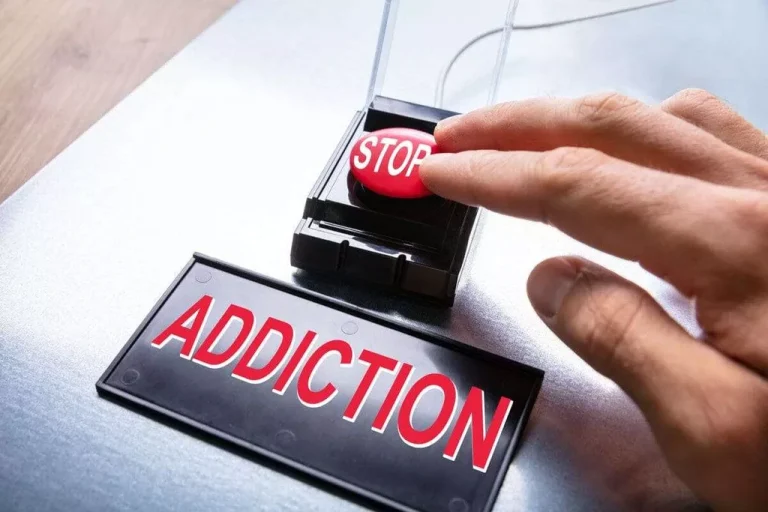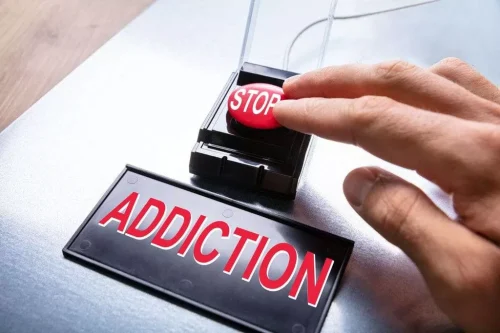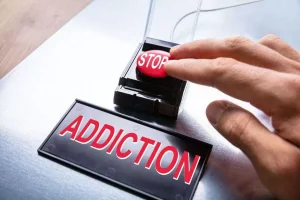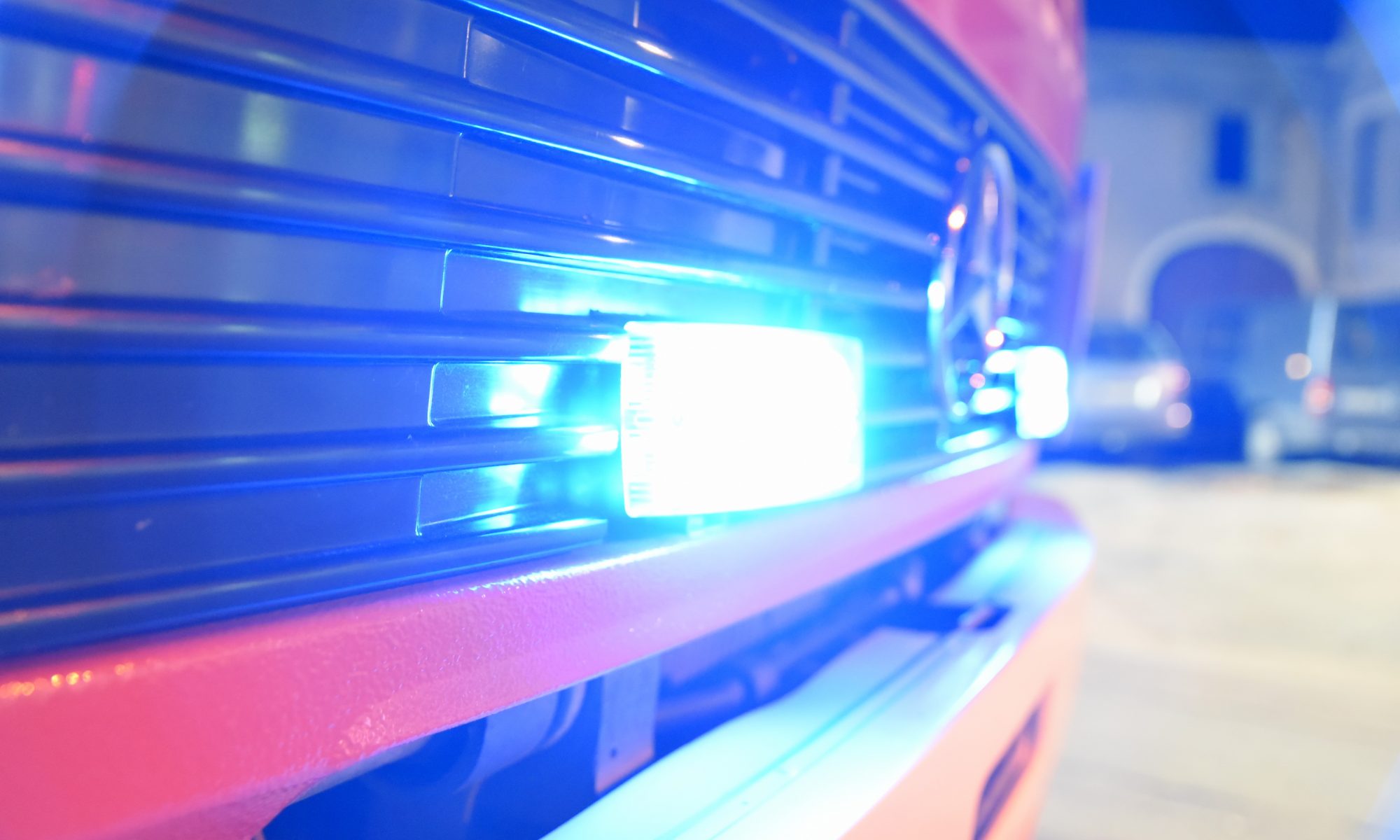
This topographic pattern isconsistent with the known frontal susceptibility to alcoholism-related alterations inbrain structure and function (Zahr et al. 2013;Oscar-Berman et al. 2013). Anyone who has experienced a restless night after a few drinks can attest to alcohol’s disruptive effect on sleep. Though alcohol can increase drowsiness and reduce the time it takes to fall asleep, it can ultimately reduce sleep quality and change sleep patterns. Moreover, alcohol can reduce the time spent in one sleep cycle while increasing the time spent in another. Initially, alcohol might make you feel relaxed and sleepy due to its sedative effects, but as the night progresses, the alcohol can have negative impacts.
Alcohol and Sleep Disorders
These benefits may come from the fact that tart cherries have been found to have above-average concentrations of melatonin, which is a hormone that helps regulate circadian rhythm and promote healthy sleep. Tart cherries may also have an antioxidant effect that is conducive to sleep. Dietary choices affect more than just energy and sleepiness; they can alcoholism treatment play a major role in things like weight, cardiovascular health, and blood sugar levels just to name a few. For that reason, it’s best to consult with a doctor or dietician before making significant changes to your daily diet. Doing so helps ensure that your food choices support not just your sleep but all of your other health priorities as well. Both diet and sleep are complex, which means there’s no silver bullet or single food that is guaranteed to help with sleep.
- It also covers what symptoms you might have if you don’t wait long enough between having your last drink and going to bed.
- Alcohol decreases the amount of REM (rapid eye movement) sleep, which is a crucial stage for cognitive function and memory consolidation.
- Alcohol affects sleep cycles, REM sleep, and can lead to more frequent awakenings during the night.
- These can happen during arousals from rapid eye movement (REM) sleep or non-rapid eye movement (NREM) sleep.
- Feige et al. (2007) reported elevated beta activity in REM and gamma activity instage 2 NREM sleep, but only in data from the adaptation nights, with no differences forsubsequent placebo nights from their drug study.
The Best Beverages to Drink Before Bed

Nosex differences in the effects of alcohol on sleep were seen in the group of olderadolescents studied by Chan et al. (Chan et al.2013). In a study of 42 recovering alcoholics (15 women) and 42 controls (23women), we found that women had a better sleep efficiency and more delta activity duringNREM sleep than men, regardless of diagnosis (Colrain,Turlington, https://ecosoberhouse.com/ and Baker 2009a). Further, estimated lifetime alcoholconsumption predicted percentage of SWS in alcoholic men but not alcoholic women (Colrain, Turlington, and Baker 2009a). Estimatedlifetime alcohol consumption was higher in alcoholic men than women, and the women hadlonger periods of sobriety prior to testing on average.
Tips on Being More Sleep Responsible With Drinks
These sleep-related breathing difficulties occur when soft tissues collapse and block the upper airway. In more serious cases, individuals suffer momentary lapses in breathing, followed by micro-awakenings that interrupt the progression of the sleep stages. A newer study found that one dose of alcohol had no effect on the circadian rhythm in rodents. However, the researchers proposed that perhaps these effects on the circadian rhythm are only seen after several consecutive days of alcohol consumption.

It also leads to lighter, more restless sleep as the night wears on, diminished sleep quality, and next-day fatigue. While some people find that drinking alcohol helps them fall asleep more easily, alcohol ultimately has a negative impact on sleep. Even in moderate amounts, alcohol consumed in the hours before bedtime can cost you sleep and leave you feeling tired the next day. Based on data from roughly 160,000 Sleep Foundation profiles, nearly 90% of respondents who regularly consume alcohol in the evening have reported at least one sleep-related problem. The impact of alcohol on sleep can vary depending on several factors, including the amount consumed, the timing of consumption, and individual differences in metabolism and tolerance levels.
Circadian Rhythm Fasting

While many people use alcohol as a sleep aid because of its initial sedative effects, this approach can be counterproductive in the long run. Alcohol may indeed help some individuals fall asleep faster, creating a false sense of its effectiveness as a sleep remedy. Alcohol can have a sedative or stimulant effect depending on the dose and the time between drinking and bedtime. Some people who drink frequently develop a tolerance to the sedative effects of alcohol. After the initial effects of alcohol wear off, you may find yourself waking up frequently throughout the night. This alcohol and bad sleep cycle results in poor overall sleep quality, leaving you feeling unrested in the morning.

At all dosages, alcohol causes a reduction in sleep onset latency, a more consolidated first half sleep and an increase in sleep disruption in the second half of sleep. Total night REM sleep percentage is decreased in the majority of studies at moderate and high doses with no clear trend apparent at low doses. The onset of the first REM sleep period is significantly delayed at all doses and appears to be the most recognizable effect of alcohol on REM sleep followed by the reduction in total night REM sleep. The majority of studies, across dose, age and gender, confirm an increase in slow wave sleep (SWS) in the first half of the night relative to baseline values.
Treatment for sleeping too much
Instead of deep, restful sleep, you’re more likely to find nighttime awakenings, lower sleep quality, and reduced sleep efficiency at the bottom of your glass. And while you might think that a glass or two to take the edge off the day can’t hurt, you should know that it doesn’t take much alcohol to change your sleep patterns and harm your health. Heavy drinking can make the sleep- and circadian rhythm-disrupting effects of alcohol worse. But even a regular, moderate routine of two to three drinks a day is enough to create sleep and performance problems for many people.

If you sleep better when you don’t drink, you might consider stopping alcohol use entirely. However, if you continue to have sleeping difficulties, reach out to a sleep specialist. Sleepwalking and parasomnias — You may experience moving a lot or talking while you’re sleeping. There’s a chance you’ll physically act out your dreams in your sleep, or even sleepwalk. If you have alcohol in your system when you hit the hay, you may not sleep very deeply, or for very long, on and off throughout the night. That’s alcohol for sleep because as alcohol starts to metabolize, the sedative effect wears off.
